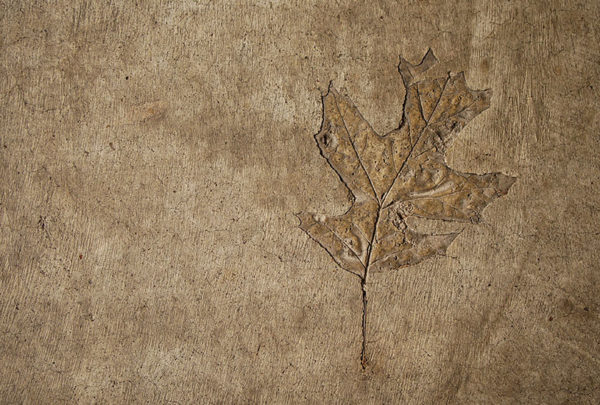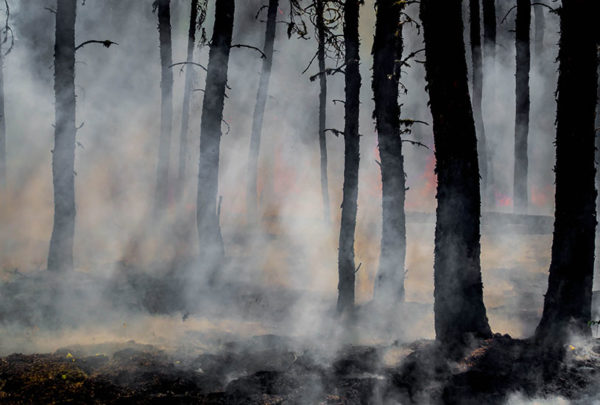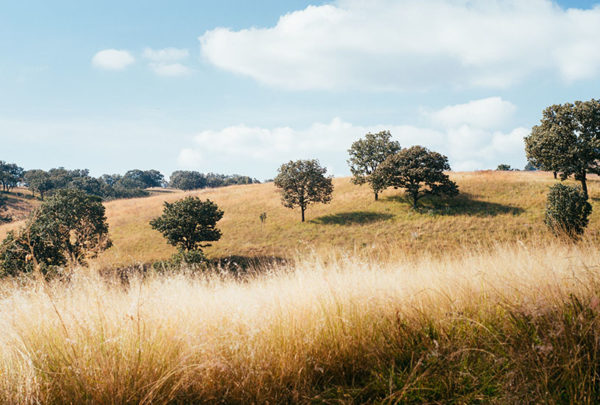
Link between disease and migrant animals questioned
Migratory animals are often blamed for the global spread of diseases.
145 - 160 of 493 results for:

Migratory animals are often blamed for the global spread of diseases.

New research supports what many women already know – that the phenomenon known as “baby brain” does exist.

A love of Casper the Friendly Ghost as a child led to a fascination with ghost stories, but the spectre in Dr Donna McRae’s latest film is not so friendly.

The ubiquitous emoji, those seemingly harmless little icons used in digital communications around the world, are proving a minefield for law reform.

Scientific analysis of fossilised tree resin has caused a rethink of Australia’s prehistoric ecosystem.

$2 million in ARC funding will support five research projects at the Alfred Deakin Institute for Citizenship and Globalisation.

The Applied Artificial Intelligence Institute will become Australia’s go-to Institute for innovative AI research.

A high-level delegation from the University of Coventry has visited Deakin to extend the partnership.

Over 23,000 solar panels are set to be installed on Deakin’s Waurn Ponds campus.

Deakin research teams will advance projects that aim to reduce childhood allergies, improve cardiac rehabilitation and build patient health literacy.

Physical activity, public park design and monitoring the pricing of unhealthy food will all be explored in Deakin-led research projects awarded funding from the Heart Foundation.

With the help of Deakin researchers and the concept of ‘biophilia,’ Melbourne’s five new Metro Tunnel stations will achieve a refreshing level of human-friendliness.

New research from Deakin Business School has revealed the impact of natural disasters on Australia’s economy.

A Deakin PhD student is working with industry to investigate whether commercial aquaculture of seaweed in Port Phillip Bay is possible.

A Deakin academic is the sole 2017 addition to Victoria’s Multicultural Honour Roll in recognition of her tireless work serving Geelong’s multicultural community.

Threatened ecosystems considered by the public to be dry, brown and ugly are having their conservation value overlooked in favour of greener, wet forests.